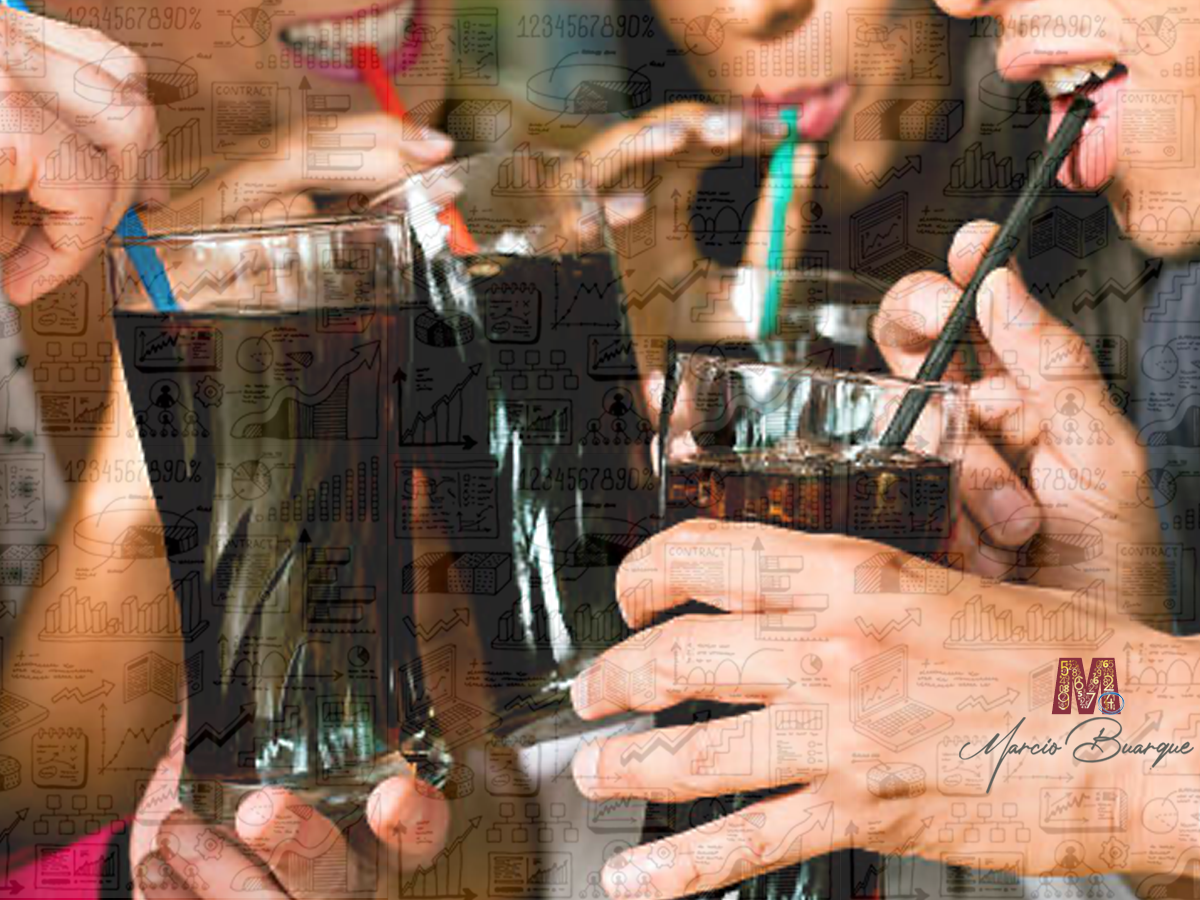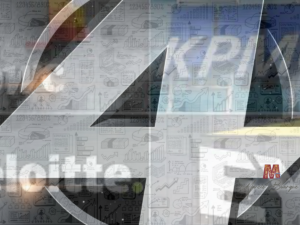
Let’s imagine that at birth, I was breastfed with Coca-Cola.
All of my birthdays have had Coca-Cola as a theme!
I spent my entire childhood and adolescence drinking Coca-Cola, getting together, and playing with other friends who only loved Coca-Cola.
I always dreamed of having a Coca-Cola machine at home. I thought that it was pure magic during my childhood, deluding myself that it was an endless supply of Coke. After visiting the US and seeing that they had several other products worldwide, I dream of having that machine with different flavors from the World of Coca-Cola.
Now I have become an adult, drinking almost three liters of Coca-Cola 24/7, three hundred sixty-five days a year.
I love it when Coca-Cola has special sales on the market.
I collect the old glass bottles. I have some cans, too. Special editions related to the Star Wars saga.
I drink all the different flavors, Vanilla Coke, Cherry Coke, Lemon Coke, Zero, Diet, Light, Double Zero, caffeine-free, more caffeine, custom Coca-Cola from Universal Studios Florida, etc. Even the first version of Coke Zero, which was horrible, I loved it passionately.
I love it even more when they sell Coca-Cola on the market with freebies: t-shirts, glasses, cups, and caps. I participate in all the drawings to win anything that comes with the Coca-Cola logo. When I travel and pass by one of the shops that sell Coca-Cola clothes, I want to buy everything, and I keep thinking that I should get it for free because of the high volume I consume and my love for it.
I became a Coca-Cola influencer on social media. Now I even have my product line exploring drinking Coca-Cola, hugging the polar bear, and creating the catchphrase “I breathe Coca-Cola 24/7”. I’m producing t-shirts with this very creative slogan. Coca-Cola dominates my life!
My friends and I decided that we needed to seize power. After all, we are the Coca-Cola Co. Some of them have made entire web pages about everything related to Coca-Cola. I think it’s excellent, even though some of these websites take years to upload because they’re filled with Google ads.
We are now a virtual organization with members from all walks of life. We have an email group, a WhatsApp group, and a Telegram group (sometimes WhatsApp is down, and we can’t stop a minute from talking about Coca-Cola). We also created a committee of elected representatives. Everyone dreams of becoming the company’s CEO, and for that, we are running a campaign: every three years, Coca-Cola elects a different president among its genuine and loyal consumers. According to our strict assessment, they can be reelected for another three years if they perform very well, or in other words, pleases the actual real and reliable consumers. It is necessary to democratize power, and everyone has the right to access their share of the billions in revenue that Coca-Cola collects. For this, it is just required to keep regular consumption and not default at the supermarket.
What would happen if Coca-Cola listened to these incredible demands and exchanged all its governance, controls, and staff recruitment and evaluation criteria for supposed selfless consumers? It would be a mere matter of time before we were doomed to consume Pepsi. It would be better to hope for a meteor to destroy life on Earth than live without Coca-Cola.
Without forgetting, of course, those who would die to drink Coca-Cola in heaven.
This story sounds like complete nonsense, doesn’t it?
But that’s what happens in football clubs with associative models.
Eventually, someone selfless may appear who won’t break Coca-Cola, but that would be a point entirely off the curve.
Associative models were born together with football in Brazil and around the world. They prevail for so long as a result of a multitude of factors. It is utopian to think that they will cease to exist someday and that every football club will be a company. Some corporate football companies out there are the associative model’s wolf in sheep’s clothing, in this case, executives from the soccer market or renowned executives who have dedicated part of their time or fully migrated to football. In practice, it is the same, a kind of redesigned associative model, subject to elections, political groups, unpaid work, etc.
There are also cubs with owners, which function as a company in certain aspects and as associative models with patronage in others. Football is a highly peculiar line of business. Believing that it can be managed the same way as a corporation as it is an elementary mistake.
The full professionalization of football has numerous barriers. The main one is the insertion of business models within these federations.
A good analogy for federations is the elders of the 300s movie. Leonidas tries to do everything right. Based on his convictions, he has the best warriors and ends up pierced and killed with his 300 guys, betrayed and sabotaged by these dammed elders and related corrupts.
If behaving like a Spartan sounds pejorative in today’s world, the concept has been distorted and brought into conflict with the demand for a more flexible posture and a greater propensity to adapt to the environment in which you live.
Leonidas, in football, would be compared to a nun in the brothel. And there would be no shortage of people to say that he was playing the role of a nun. After all, this is a common expedient among the leaders of associative models: creating images of perfect and fair managers.
In a way, associative models guarantee the attractiveness of football.
If we talk about a professional structure, it is already highly complex to maintain a football club’s performance and recurring achievements. Through the associative models, we can ensure that every holy team will have its ups and downs, being systematically sabotaged by its amateur managers in some management cycle.
Of course, the ideal scenario would be a football club with well-defined owners and solid governance structures, with lucrative leagues and tournaments. The dispute is limited to details. But this is far from happening anywhere on the planet.
On the other hand, the bill for amateurism has already arrived in the most messed up associative models in more flawed markets. And it was aggravated by the pandemic.In the next issue, I will continue this last paragraph.
About Coca-Cola
I like Coca-Cola a lot, but it was only used to illustrate the absurd situation of associative models in football clubs, especially in Brazil. I hope they won’t be upset about it. Coca-Cola did not pay a penny for all my love in this issue; they don’t need to!
About Associative Models
I know that despite having used my vast experience with football clubs in Brazil to create this analogy, everything written throughout this Issue applies to clubs worldwide. We will deal with this topic in the future.



